The pros and cons of license-plate reader technology
The technology's use recently led to the arrest of a three-time homicide suspect in Los Angeles

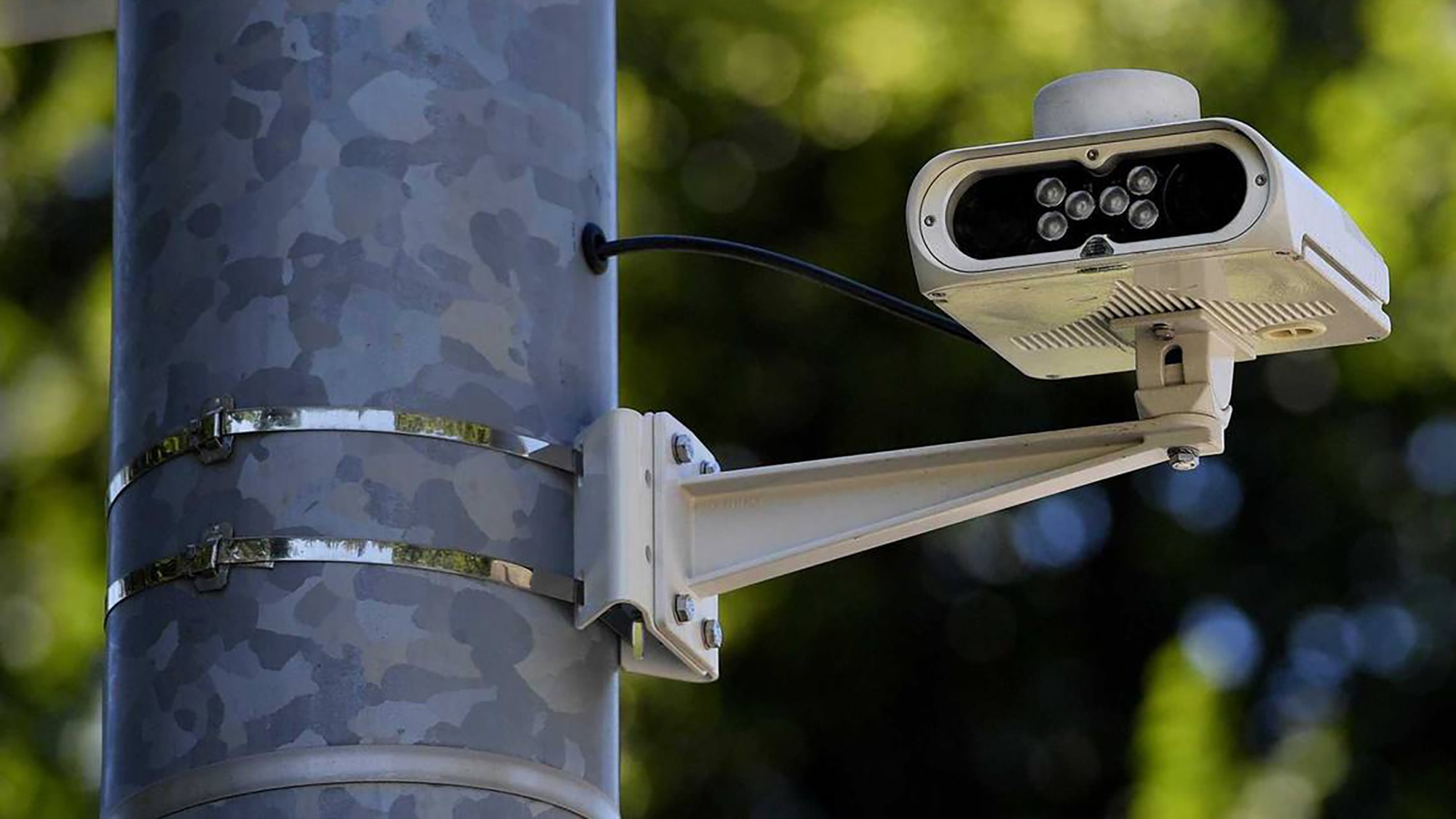
A free daily email with the biggest news stories of the day – and the best features from TheWeek.com
You are now subscribed
Your newsletter sign-up was successful
As police departments look to implement new ways to catch criminals, one emerging technology is the use of automatic license plate readers (APLRs). These are camera systems that scan images of license plates, allowing law enforcement "to identify and compare plates against those of cars driven by people suspected of being involved in illegal activities," according to the U.S. Department of Homeland Security. ALPRs recently helped lead to the arrest of a Los Angeles man suspected of quadruple homicide. Without ALPRs, "this individual that we believe is responsible for at least four murders may have been out there and re-offended," said Los Angeles County Sheriff Robert Luna.
Despite the obvious benefits of alleged criminals being taken off the streets, opponents of ALPR technology have raised concerns about privacy, as well as issues about the tech's accuracy.
Pro: It helps catch criminals
ALPRs can help police arrest criminals. Beyond the aforementioned murder suspect in Los Angeles, ALPRs have resulted in the arrests of alleged carjackers, rapists, bank robbers and even a mass shooter in Atlanta. "Those cameras proved extremely helpful," law enforcement told WRAL-TV of the latter, adding that police were able to get a hit off their ALPR systems and "[find the] precise location of the building he walked into." During a four-month trial period in Wichita, Kansas, ALPRs "helped police make 156 arrests, a majority of which were felony cases, and recover 23 guns and 152 stolen vehicles," Kevin Cox reported for American Police Beat magazine.
The Week
Escape your echo chamber. Get the facts behind the news, plus analysis from multiple perspectives.

Sign up for The Week's Free Newsletters
From our morning news briefing to a weekly Good News Newsletter, get the best of The Week delivered directly to your inbox.
From our morning news briefing to a weekly Good News Newsletter, get the best of The Week delivered directly to your inbox.
Con: It can be inaccurate
The technology is improving, but there have been instances of ALPRs being widely inaccurate. A 2019 estimate found that the "accuracy rate of the license plate readers is about 90%," per KTVU-TV — but this means that one in 10 plates are misread. This is "especially concerning, considering that the cameras can scan 2,000 plates per minute," according to the partisan think tank Independent Institute. As a result of this error rate, "mistakes and misidentifications are frequent." In one instance from 2009, a San Francisco woman was pulled over at gunpoint after ALPRs mistakenly identified her car as stolen.
Pro: It has other uses
Beyond assisting in the capture of criminals, ALPRs can also be used for traffic safety. This includes speed traps and red-light monitoring as well as parking enforcement, according to ALPR manufacturer Tattile. Other groups can also use ALPRs to their advantage. Public transit agencies use the tech to "collect highway tolls, reducing traffic bottlenecks caused by tollbooths," law firm Lane Powell reported. Property managers and homeowners associations can use ALPRs to "track vendor's, visitor's, or tenant's activities, enforce parking restrictions and investigate insurance claims," the firm added.
Con: It can be abused
The use of ALPRs is "almost entirely unregulated and can be subject to abuse," according to a report from the University of Michigan. This is especially true at the federal level, which has no guidelines for ALPR usage. As a result, "law enforcement and private actors can use the technology however they wish," the report added. There have also been reported instances of police officers using data collected from ALPRs to "get information on romantic partners, business associates, neighbors, journalists and others for reasons that have nothing to do with daily police work," the report said.
Pro: It strengthens security
Given that ALPRs are often used to watch neighborhoods, many police departments tout them as tools to enhance community security. Flock Safety, an ALPR manufacturer, claims to have "reduced crime in their cities' markets by 70% and have made more than 2,500 communities safer," the Pensacola News Journal reported. Flock allows communities to receive a consistent stream of data about neighborhood crimes, including burglary, home theft, vandalism and mail theft, according to its website. Similar ALPRs are already available on the market.
A free daily email with the biggest news stories of the day – and the best features from TheWeek.com
Con: It creates legal questions
Many civil rights groups have cautioned the widespread use of ALPRs as a potential violation of privacy. ALPRs collect and store data on the cars they scan, and this data is "sometimes pooled into regional sharing systems," the American Civil Liberties Union (ACLU) reported. As a result, "enormous databases of innocent motorists' location information are growing rapidly," the ACLU added, and this information is often kept for years "with few or no restrictions to protect privacy rights." In the aftermath of Roe v. Wade being overturned, there are also concerns that state governments could use ALPRs to "track people trying to cross state lines" to get an abortion, Wired reported.
Justin Klawans has worked as a staff writer at The Week since 2022. He began his career covering local news before joining Newsweek as a breaking news reporter, where he wrote about politics, national and global affairs, business, crime, sports, film, television and other news. Justin has also freelanced for outlets including Collider and United Press International.
-
 ‘Poor time management isn’t just an inconvenience’
‘Poor time management isn’t just an inconvenience’Instant Opinion Opinion, comment and editorials of the day
-
 Bad Bunny’s Super Bowl: A win for unity
Bad Bunny’s Super Bowl: A win for unityFeature The global superstar's halftime show was a celebration for everyone to enjoy
-
 Book reviews: ‘Bonfire of the Murdochs’ and ‘The Typewriter and the Guillotine’
Book reviews: ‘Bonfire of the Murdochs’ and ‘The Typewriter and the Guillotine’Feature New insights into the Murdoch family’s turmoil and a renowned journalist’s time in pre-World War II Paris
-
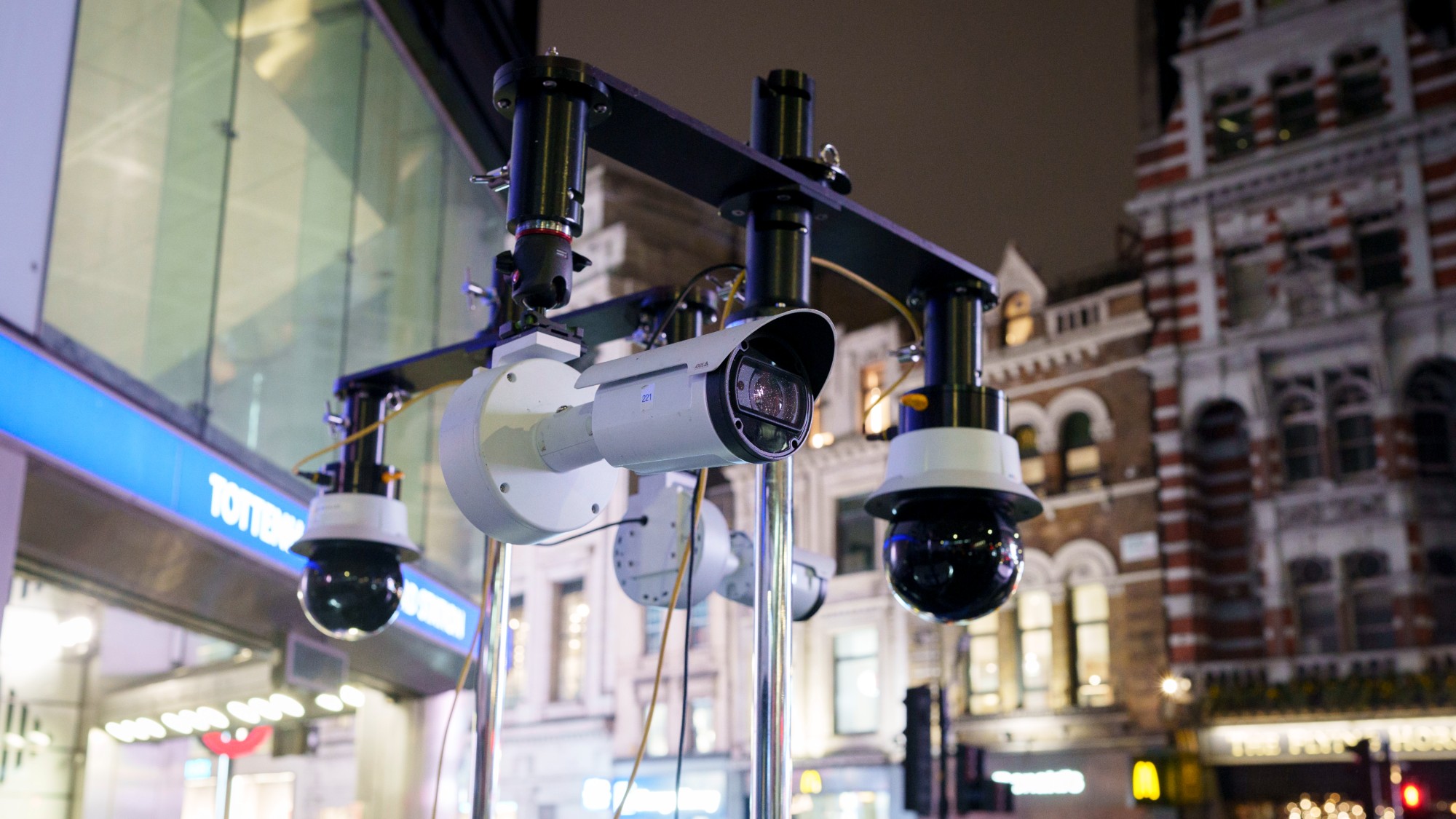 Facial recognition: a revolution in policing
Facial recognition: a revolution in policingTalking Point All 43 police forces in England and Wales are set to be granted access, with those against calling for increasing safeguards on the technology
-
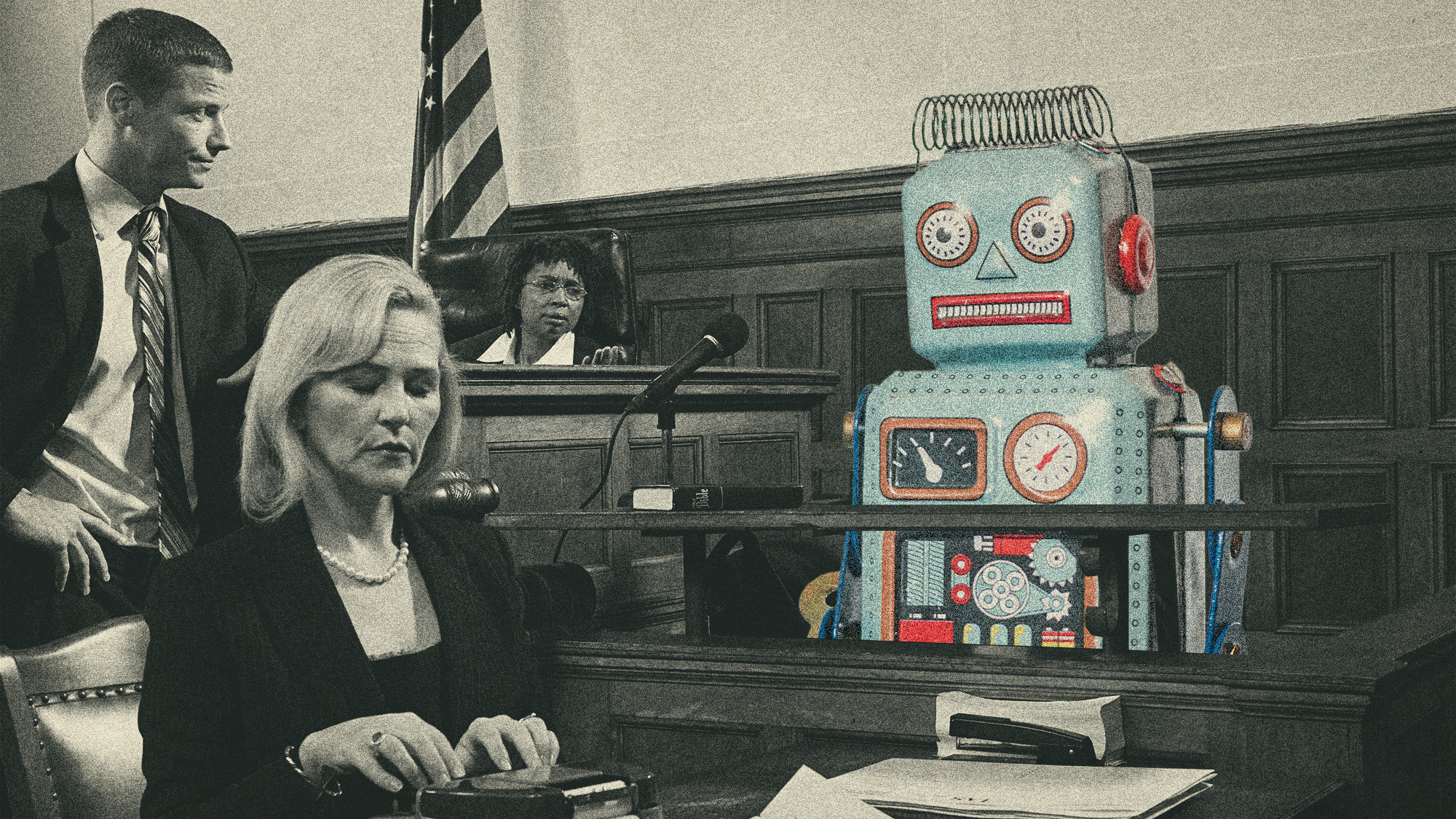 Questions arise over the use of an AI crime-fighting tool
Questions arise over the use of an AI crime-fighting toolUnder the Radar The tool was used in part to send a man to prison for life
-
 Why are facial recognition technology rules changing in Detroit?
Why are facial recognition technology rules changing in Detroit?Today's Big Question A wrongful arrest leads to a big settlement
-
 Cyberflashing, fake news and the new crimes in the Online Safety Act
Cyberflashing, fake news and the new crimes in the Online Safety ActThe Explainer UK's first conviction demonstrates scope of controversial law that critics describe as a threat to privacy and free speech
-
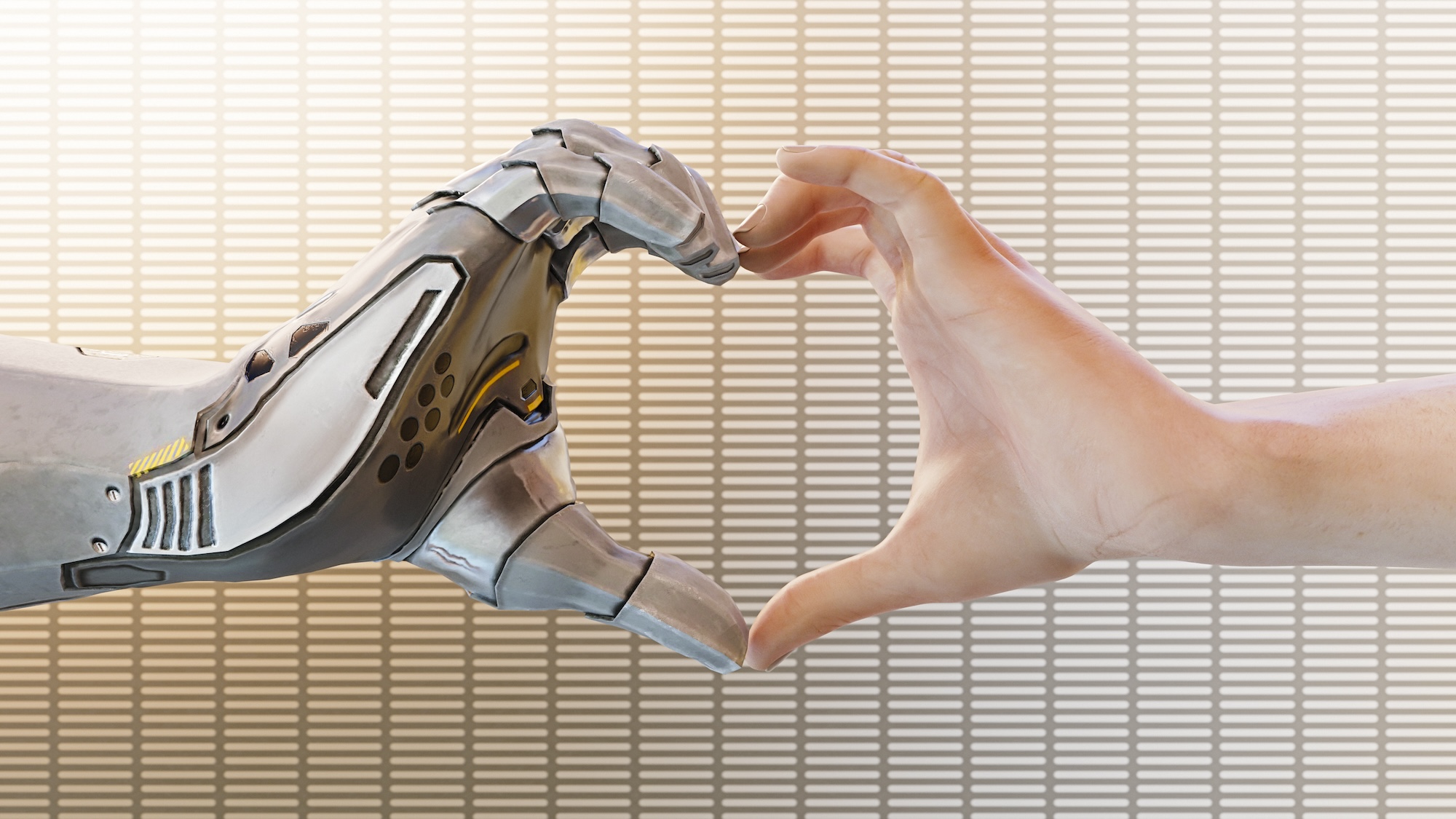 The pros and cons of AI companions
The pros and cons of AI companionsPros and Cons Chatbots are evolving from simple assistants to friendlier digital companions.
-
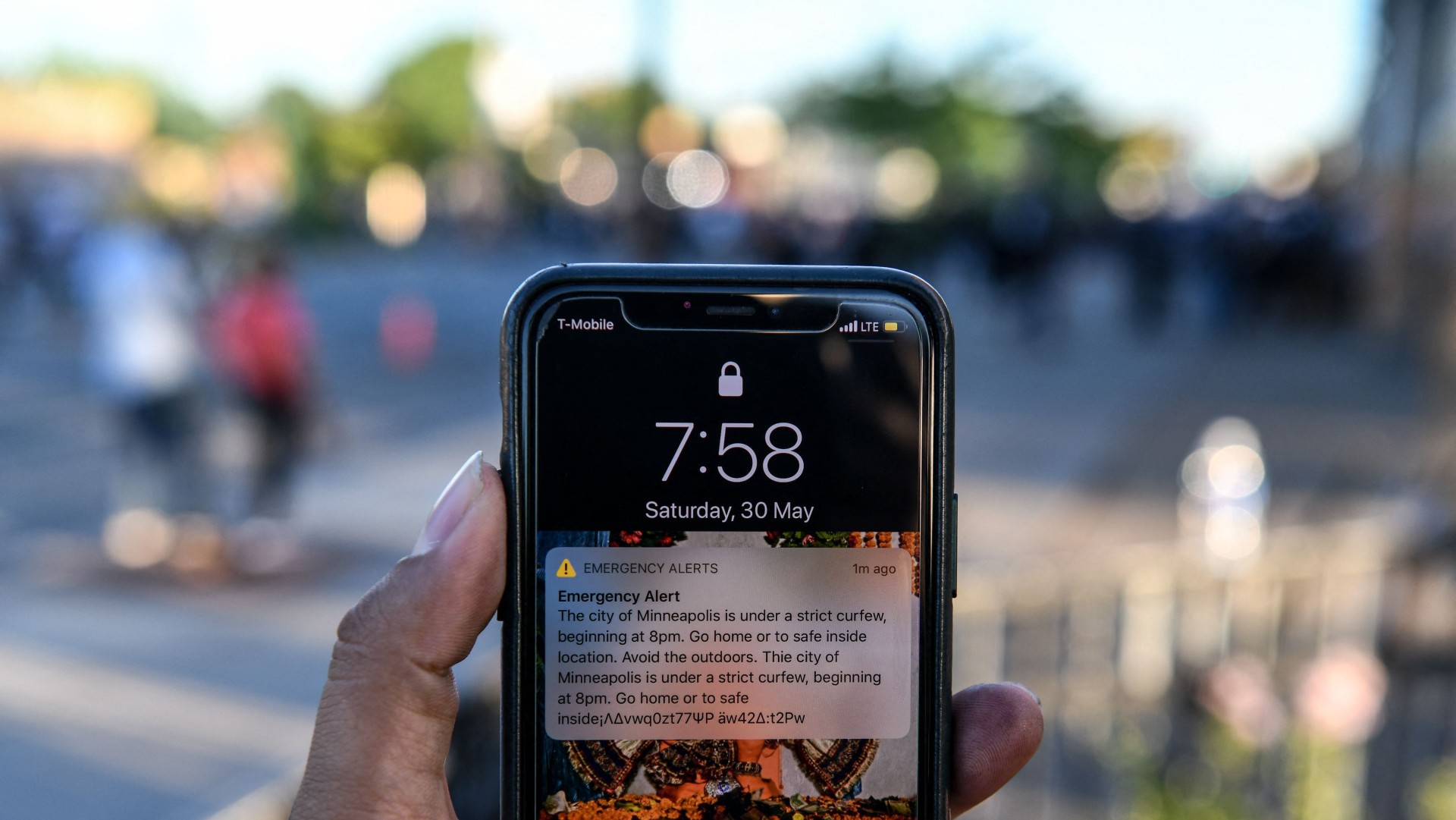 Pros and cons of the emergency alert
Pros and cons of the emergency alertPros and Cons Already used successfully in US, Greece and Japan, mobile notifications could help save lives, but pose risk to domestic abuse victims and drivers
-
 Pros and cons of artificial intelligence
Pros and cons of artificial intelligencePros and Cons AI offers ‘unimagined capabilities’ but experts have warned it could serve ‘nefarious aims’
-
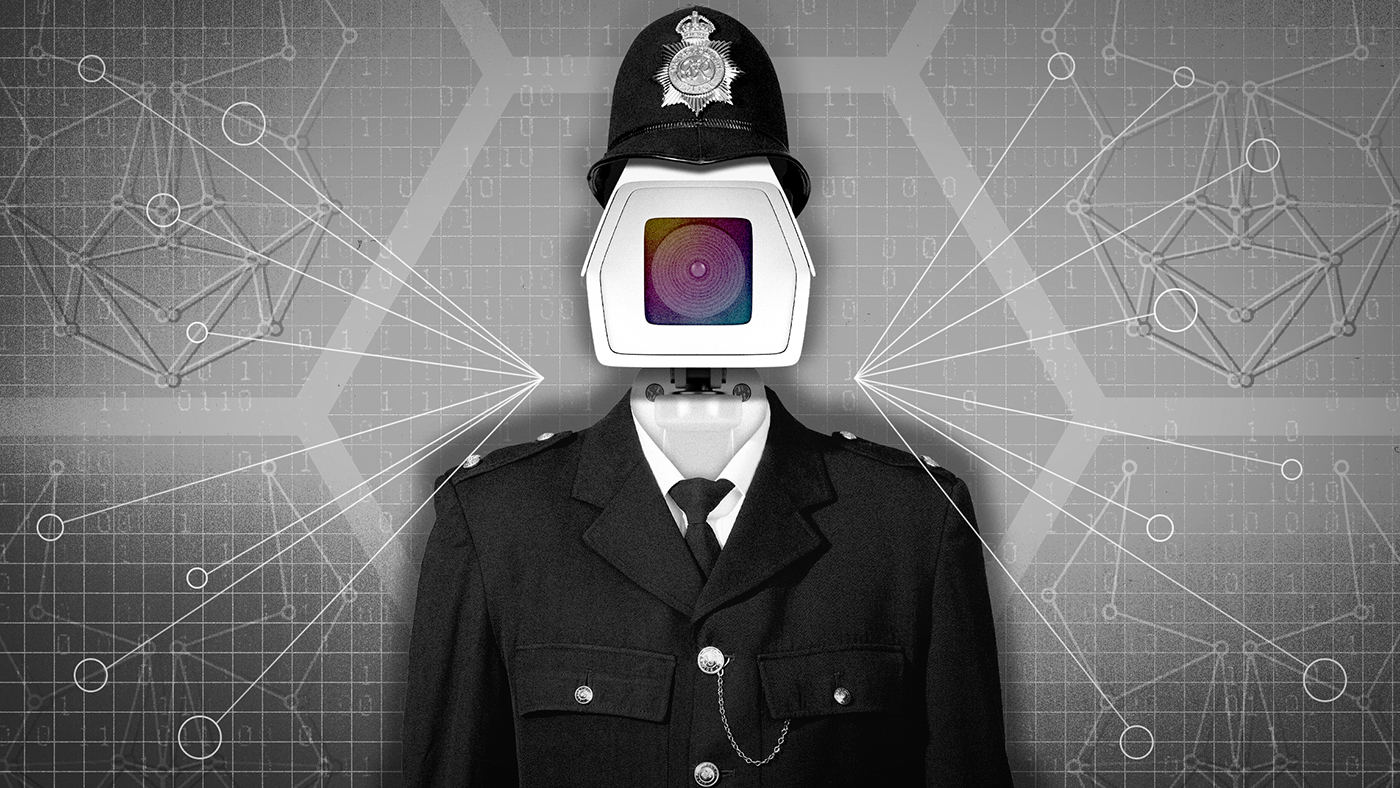 Facial recognition technology and policing: an unholy alliance?
Facial recognition technology and policing: an unholy alliance?Talking Point Grey area for AI leads to claims that everyone is being put into ‘a perpetual police line-up’
